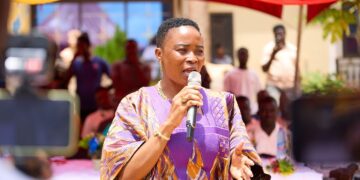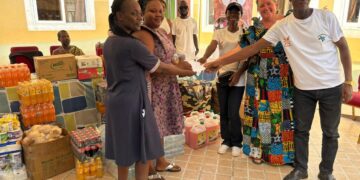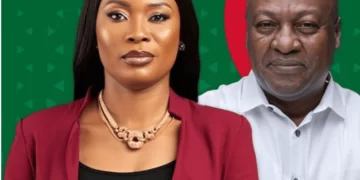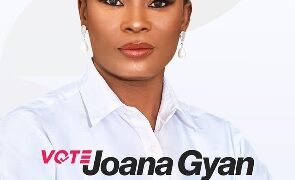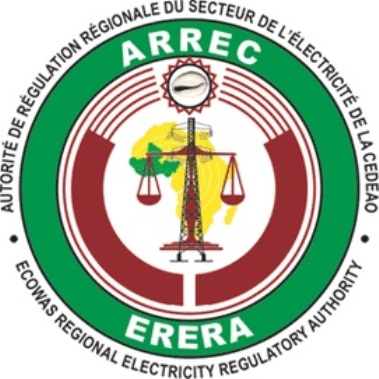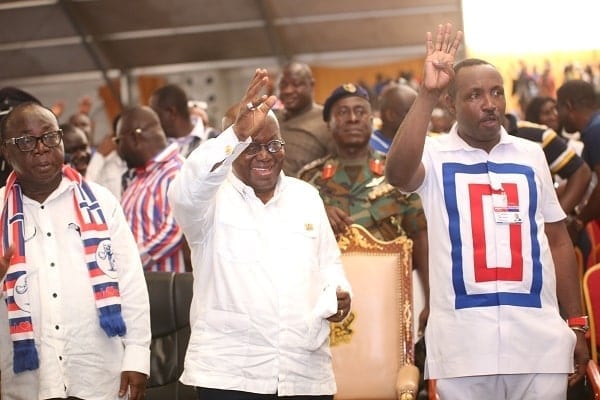Professor Honoré Bogler, Chairman of the ECOWAS Regional Electricity Regulatory Authority (ERERA), has stated that the second phase of the ECOWAS Regional Electricity Market will commence in late 2022 or early 2023.
The second phase, which involves the actual operationalization of the Regional Electricity Market, was initially scheduled to begin in 2021. However, because to the impact of the COVID-19 pandemic, execution of the second phase could not begin as scheduled.
Whereas the first phase attempted to harmonize the operations of the member states’ electrical regulatory agencies, the second phase will be distinguished by a competitive market that will aid in the promotion of efficiency, with the market governed by market rules rather than state norms.
The first phase of the regional electricity market was introduced in June 2018 in Cotonou, Benin, as a transitional phase that would last no more than two years until the introduction of the second phase.
Workshop
According to Graphic Online, in an interview on the sidelines of a workshop organized by ERERA at Akosombo in the Eastern Region on September 29, 2021, Prof Bogler expressed hope that the second phase of the regional power market was on track for implementation, despite being delayed by the COVID-19. The program aimed to increase the capacity of communication experts from the electricity regulatory authorities in the ECOWAS member states.
Prof. Bogler stated that the second phase of the project’s implementation would be heavily reliant on other variables that were subject to COVID-19 effects.
“Because what COVID-19 brought to us is a delay of about two years and we are trying to catch up by fast tracking things to get it done within the space of one year or one and half years” He added.
He said ERERA was working hand-in-hand with the West African Power Pool (WAPP) Secretariat, a cooperation of the national electricity companies in Western Africa, to fast-track activities in order to start the implementation of the second phase of the project.
Objectives of workshop
The workshop was on the fundamentals of regulation and introduction to the ECOWAS Regional Electricity Market.
It is part of the ongoing Technical Assistance of the European Union (EU) to ERERA relating to the EU-funded programme on Improving the Governance of the Energy Sector in the ECOWAS region (AGOSE-AO).
Among the specific objectives of the training workshop was to enhance the knowledge of communication experts on all aspects of the ECOWAS Regional Electricity Market—Market Development, Transmission Services, Information Management, and Gender Mainstreaming.
13 representatives from 11 member countries attended, including Ghana, Ivory Coast, Burkina Faso, Togo, Benin, Nigeria, Niger, Senegal, The Gambia, Liberia, and Sierra Leone.
Ghana and Ivory Coast each had two representatives, while the remaining countries each had one.
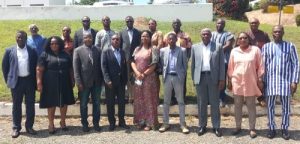
Communicators’ Role
Concerning the workshop’s theme, Prof. Bogler stated that communication experts in regional electricity regulatory bodies required to be up to date on regional electricity market events in order to effectively communicate with their constituents.
“You can do whatever you want for people but if they are not aware, it may not succeed. It is only when they understand that it will work. That is why communicators are important,” he said.
He went on to say that the Authority had planned a visit of all member countries to raise awareness of the market and related activities, but it was thwarted by the COVID-19 pandemic.
Baba Gana Wakil, the ECOWAS Resident Representative in Ghana, stated that well-informed communicators were critical in advancing the power market project, which is designed to collectively address West Africa’s electrical difficulties.
As a result, he has asked the communicators of ECOWAS’s electrical regulatory agencies to constantly improve their capacities and become more conversant with issues that could promote regional integration.
New policy
According to him, the workshop will benefit not just the participants’ specific institutions, but also the overall development of all ECOWAS institutions in the sub-region.
Gana Wakil also stated that ECOWAS, with the assistance of GIZ, was updating its two-decade-old Information, Communication Technology (ICT) strategy to keep up with current communication trends.
Source: Ghanapubliceye.com/Jennifer Owusu



